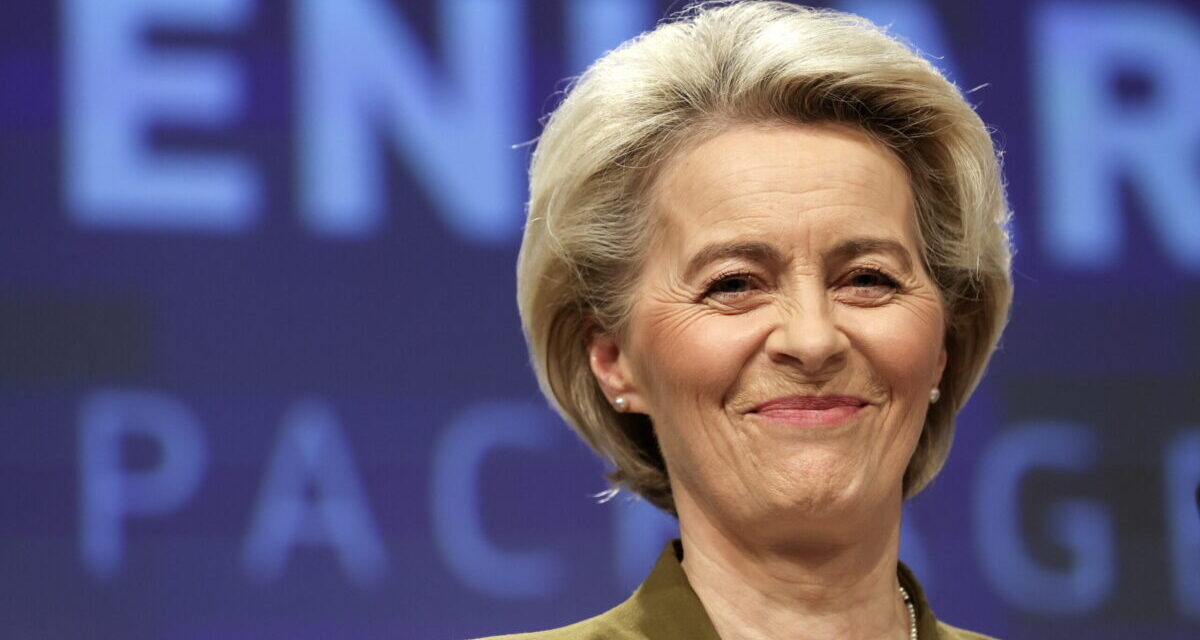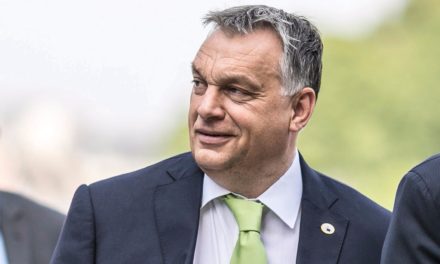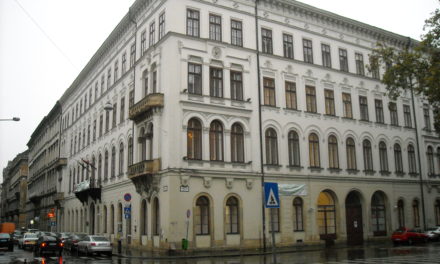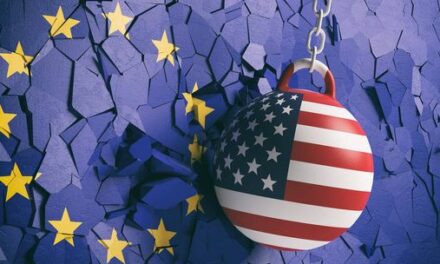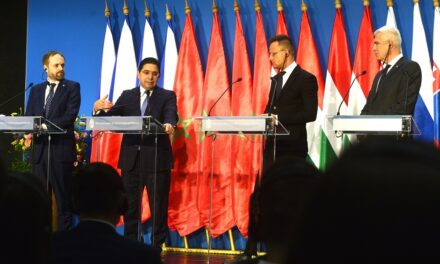On Thursday evening, EU leaders agreed on their political leadership for the next five years. Ursula von der Leyen will remain President of the European Commission for a second term, António Costa will become President of the European Council, while Kaja Kallas has been appointed High Representative for Foreign Affairs and Security Policy. Portfolio wrote .
However, the decision was not entirely unanimous.
Viktor Orbán and Giorgia Meloni did not support the proposal.
On Tuesday, the factions of the European Parliament already agreed on the top EU positions by phone, which were then officially approved by the heads of state and government.
However, some leaders expressed displeasure as they were left out of the talks.
Meloni sharply criticized the "surreal" way in which the positions were allocated and would have expected a greater say for the anti-integration right-wing European Conservatives and Reformers faction, which emerged as the third largest force after the election.
Viktor Orbán called the deal shameful, criticizing the fact that the two large moderate EP factions, the European People's Party and the Socialists and Democrats, shared positions with the liberal Renew faction.
The people's party, the socialists and the liberals made a shameful agreement, and Hungary has no reason to support it
Viktor Orbán announced in Brussels. The prime minister emphasized: the agreement was not made along the lines of past performance or programs, but on a party basis and in the spirit of power sharing.
Despite the public grievances, the negotiations progressed smoothly.
Olaf Scholz and Emmanuel Macron tried to close the process as quickly as possible.
The volatile geopolitical environment surrounding the EU and the lack of credible alternatives facilitated the agreement.
In the end, the names of the three leaders - if not with full consensus - went through the EU summit without any problems. Viktor Orbán voted for António Costa as the new president of the European Council, and in the end he only said no to Ursula von der Leyen and Kaja Kallas. Meloni abstained from the vote on Von der Leyen, saying no to everyone else.
The selection of the three EU leaders required a so-called confirmed qualified majority, consisting of the votes of at least twenty heads of state and government whose states represent 65 percent of the EU's population.
Charles Michel: Mission Accomplished
The mission accomplished, the leaders of the member states elected the next president of the European Council, agreed on the person of the next head of the European Commission and selected the EU High Representative for the next five-year EU institutional cycle, announced Charles Michel, the president of the European Council, which brings together the leaders of the member states, in Brussels on Friday morning.
Charles Michel, at the press conference held after the EU summit, emphasized that the leaders of the member states fulfilled their task by approving the strategic agenda for the next five-year period, which shows the direction of deepening democratic values, strengthening European competitiveness, and enhancing defense and security, among other things through cooperation with NATO and the strengthening of external borders.
In her speech, Ursula von der Leyen emphasized that it was an honor for her to be able to sign the security commitment between the European Union and Ukraine on Thursday on behalf of the European Commission, as well as to present to the leaders of the member states the initiative of the G7 countries, which foresees a loan of about 50 billion dollars for Ukraine.
"We will work together with the member states, G7 partners and Ukraine to create the necessary legislation so that we can provide Ukraine with the appropriate funds before the end of the year"
he said.
The president of the EU committee drew attention to the fact that Europe must increase its defense spending, as the EU's total defense spending increased by 20 percent between 2019 and 2021, while in the same period China's defense spending increased by almost 600 percent and Russia's by nearly 300 percent. In his opinion, around 500 billion euros in defense investment will be needed in the EU in the next decade. An increase in defense spending is possible with the financial contribution of the member states, but the Council of the European Union also has a new proposal on its own resources, which can further increase the funds for defense spending, Von der Leyen added.
Source: MTI / Mandiner
Cover image: MTI/EPA/Olivier Hoslet

